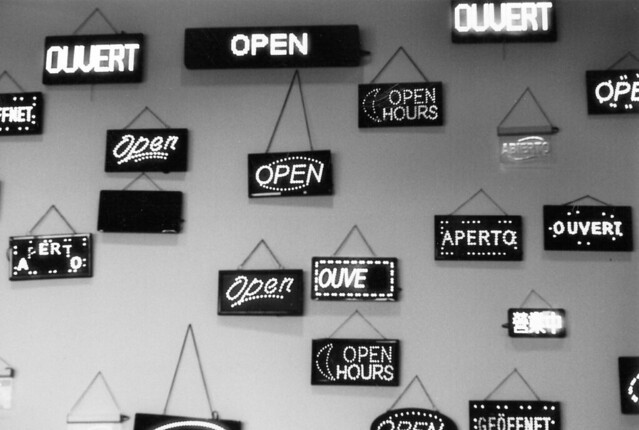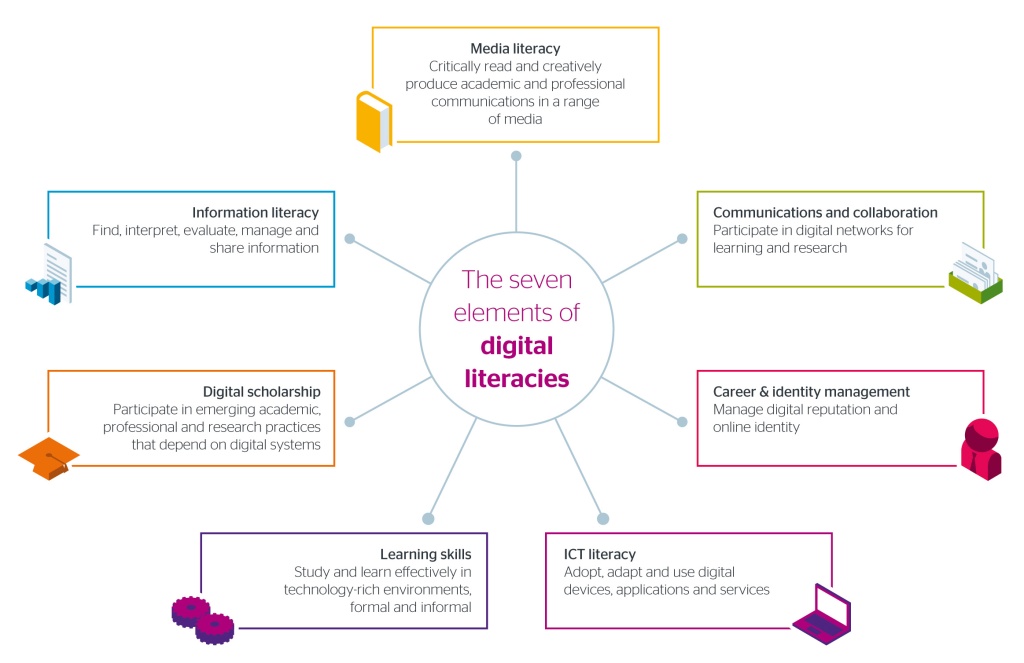I had a teacher, who I considered a wise person with a great knowledge in his field of studies. I did my exam and it went great, during my exam I openly spoke with him about a project I were involved in at that time, which were somehow related to his subject and research topics. So, some days after the exam I sent him an email, asking for a book suggestion, in order for me to study a bit more on a specific argument, openly saying that this would help me in the above mentioned project. He denied, he said he couldn’t help me, in suggesting a book or an author on a given topic, because I may have gained profit from this information one day, and he wouldn’t have received anything in change. I felt disappointed, angry and confused. How could someone working in the education field be so closed minded?
Openness in Italian, my mother tongue language, can be said as apertura. But, it is strange to me to think about openness in terms of apertura. In fact, we usually use the word apertura when we’re speaking about something closed, locked, unaccessible, apart from that specific point where there is an apertura. As I’m doing this considerations, I feel like I’ve grown up thinking to closeness as normality and openness as something special, yet beautiful and valuable. Indeed, we’re speaking about this as a topic because educational practices and resources are not generally open. If I ask myself what openness means to me, I don’t mean it as apertura, I consider it as mindset state to be reached in every filed where there is knowledge. I feel openness as a sharing practice and philosophy. I don’t want education and knowledge to be closed but with some openness, I believe in them to be freely accessible and sharable.
Knowledge is power, so it’s understandable that who detains it, find it difficult to share it, without receiving nothing in change.
This attitude belongs to western modern society, and it has strict relations to capitalism and monetization of everything, including knowledge. This is why I don’t believe that technology is the primary driver for openness in education. It can help, as print invention did in XV century, but it can also lead to a degeneration, the opposite of the initial purposes: closeness. Mooc technology resulted in Udemy, Coursera, and others platforms where the main principle is not sharing but selling. And selling implies buying, which means you need to have something to give in exchange, not really what I mean with Openness.
During PBL group discussions, it came out that maybe “the negative aspect about openness is the quality inferiority of the material”. As there is none controlling, ensuring quality, this may be the feeling. Anyway, I think it’s not inferiority, but variety. If we decide not to delegate to some authority the power to recognize, select and ensure quality in educational resources, we have to be ready to do this by our own, and we need specific skills to do it properly.
I’m finishing this post on delay, topic 2 ended last week and this morning we started speaking and reflecting about collaborative learning, topic 3. This is good, I can see how Openness is the link between Digital Literacies and Collaborative Learning.
If we have, and continue developing, our digital literacies, plus we embrace the openness attitude through knowledge sharing, then we can learn collaboratively and use digital technology tools to enhance both the process and the results.
And when we meet someone playing for the other team, the locked and competitive one, just remind to ourselves they are the one missing the added value openness, sharing and collaboration.

